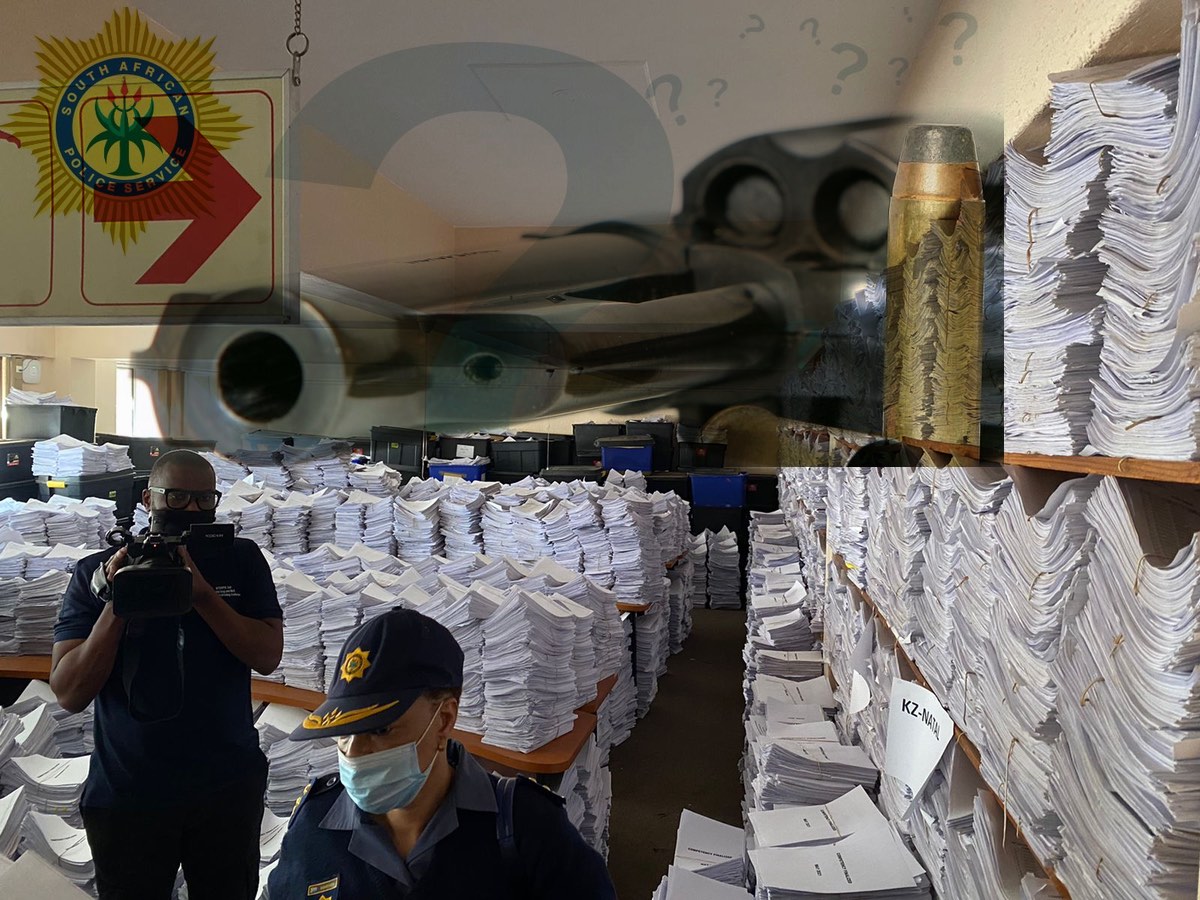Firearm amnesty refers to the indemnity against prosecution for the unlawful possession of a firearm or ammunition.
Section 139 of the Firearms Control Act, (no. 60 of 2000) prescribes the process to be followed, and the conditions thereof, for the declaration of an amnesty.
Firearm amnesty was declared in November 2019 to commence 1 December 2019 anding 31 May 2020. Another firearm amnesty period was applied for and commenced 1 August 2020 until 31 January 2021 (as the lockdown restrictions apparently created difficulties in going to police stations), and yet another amnesty period is said to come, as Minister of Police Bheki Cele stated in parliament on 3rd March, that he will regard an application for a new amnesty period as “fair”, according to AfriForum.
After tens of thousands of citizens handed in firearms at police stations, questions have been raised as to why it takes so long for a simple process such as this to take place. The situation has left many law-abiding citizens vulnerable and awaiting responses to their queries, whilst those citizens who purposefully do not abide by the law, would likely not have taken part in this process to begin with.
The South African Police Service (SAPS) said, in a statement released on 1 August 2020:
“The latest National Crime Statistics once again show that firearms were the preferred weapon in the commission of most of the violent crime. Reducing the circulation of firearms may potentially reduce the scourge of violent crimes quite significantly.
“The Firearm Amnesty envisages to see a reduced number of illegally possessed firearms in circulation in the country. It therefore provides firearm owners with the opportunity to hand in illegal and unwanted firearms which will result in the prevention of crime and promotion of safety to ensure people living in South Africa are and feel safe.”
DA Shadow Minister of Police, Andrew Whitfield MP, made the below statement:
Time to take firearm license applications online
‘The Central Firearms Registry (CFR) needs to move into the twenty first century with urgency and take the entire firearms application process online.
During an oversight visit by Parliament’s Portfolio Committee on Police to the CFR this weekend it became clear that the CFR is dysfunctional and cannot fulfil its mandate as set out in the Firearms Control Act of 2000.
Files piled up in corridors on every floor due to a lack of space, the poor use of IT systems, staff shortages and a building which has been declared unsafe are all contributing factors to the chaos we saw at the CFR. Staff morale is at an all time low under these conditions resulting in rock bottom levels of productivity.
During the oversight I challenged the SAPS to take the entire process online from application to approval. This would remove unnecessary delays and ensure a fully digitised system which applicants could access to monitor the progress of their application.
It was revealed by SAPS that amnesty applications are placed on top of one another on the floor as they arrive. This results in amnesty applications submitted at the beginning of an amnesty sitting at the bottom of thousands of pieces of paper. Therefore, if you were one of the first amnesty applicants your application is likely to be one of the last to be processed.
In February 2021, SAPS presented to the Portfolio Committee that only 4%, or 2 059, of the 50 962 applications received during the 2019/20 amnesty had been finalised. For applications received during the 2020/21 amnesty just 0.92%, or 280, of the 30 356 had been finalised.
Thousands of South Africans waiting for their firearm licences are left vulnerable by the failures of the CFR. This is unacceptable.
The DA will now write to the Chairperson of the Portfolio Committee on Police to request the CFR to present its turnaround plan to Parliament as a matter of urgency.’

